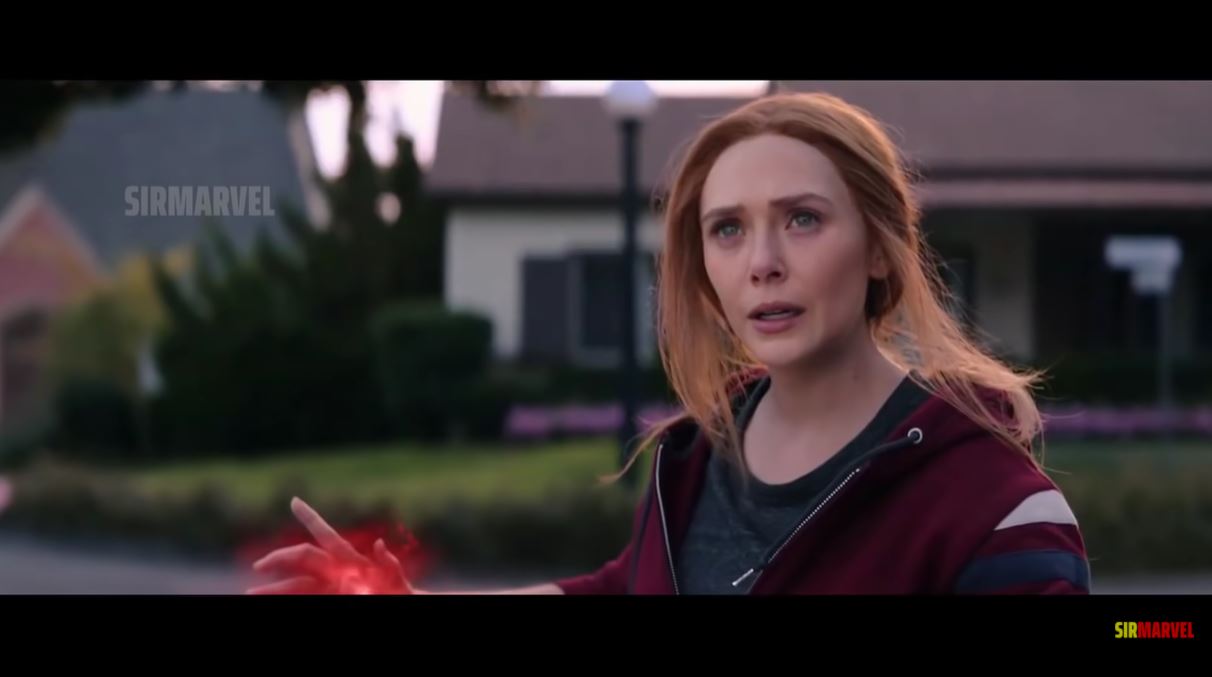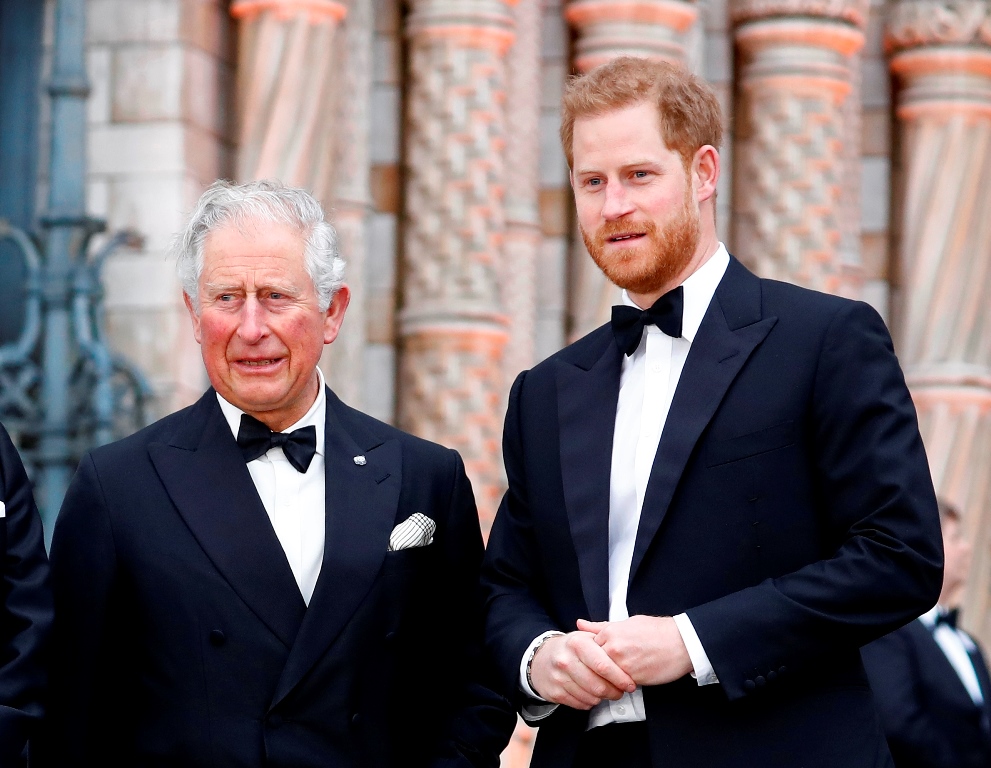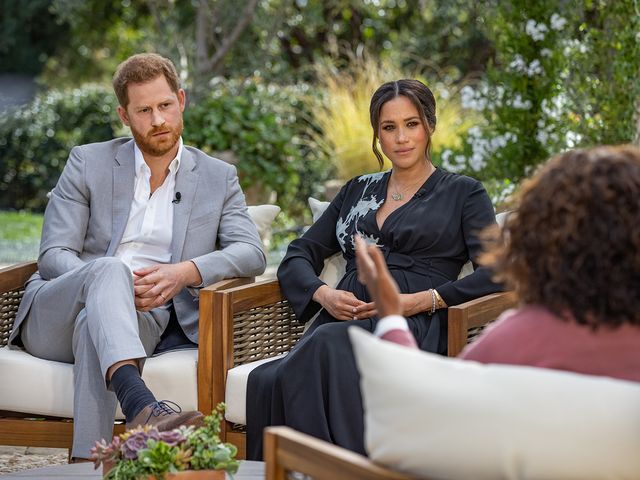WandaVision Finale: It was Wanda all along



SPOILERS
WandaVision wrapped up on Friday night, closing out a strong season—series? They’re teasing a second season, but who really knows—and a solid debut for Marvel on Disney+. As a contained narrative, WandaVision is exceptional, giving Wanda Maximoff a story that not only makes her more interesting going forward but also retroactively makes her more important within her relatively small presence in the MCU up until now. It was also nice to spend time with a superhero given time to process her trauma and grieve her losses and emerge from that crucible in a new, stronger form. WandaVision captures something of the Scarlet Witch’s comic book history of struggling with her power and mental health, but it did a much better job of maintaining her agency and not diminishing her power as a result. Also, we rarely get to deal with the actual emotions of Avengers, usually we just get one scene where someone looks sad and then they do punching about it (Iron Man 3 is a rare exception, an entire film dedicated to a hero’s PTSD). But Wanda is a hero who has been stewing in pain for so long she can’t remember what relief feels like, and WandaVision let us sit with that for about six hours.
It’s not just that WandaVision is about three times longer than the average Avengers movie, though, that makes the difference. It’s that WandaVision finds a way to deal with these themes that doesn’t rely on physical confrontation for resolution, which allows even more time for the thematic and emotional elements of the story to breathe. Of course, in the end it did come down to sky lasers and magic hands, but Hex Vision and White Vision ultimately resolved their conflict through communication, not forehead lasers. I don’t know if this will carry through to the rest of the MCU, but WandaVision feels like the Marvel machine growing up a little and figuring more interesting ways for superheroes to handle conflict. I have said for years the movies don’t need as much action as they think they do, the characters are so interesting and going through so many things, they can give more space to the non-punching stuff and come out better for it. WandaVision did just that and is now Marvel’s most satisfying story.
But like with the “shoe problem”, what problems do exist in WandaVision come from the wider MCU. It’s not so much that WandaVision has to carry so much water at the last minute to set up more films in the MCU, because that stuff is almost entirely relegated to the post-credit sequences. (Monica! In space! With POWERS!) It’s more that WandaVision trips over a long-standing stone in the MCU and that is how these stories handle issues of superhero responsibility and the sense that “this will all be fixed later”. Whenever a Marvel movie—or show—doesn’t wrap up a narrative arc people dismiss it as something that will be addressed in the next movie (or show), but it is rarely ever resolved. Consider Tony Stark, who invented a murder bot that tried to destroy the world, and no one ever mentioned that again, even when the Avengers were being called to the carpet for their collateral damage. No one in Captain America: Civil War pointed out that Tony was the reason the Sokovia Accords are called “the Sokovia Accords”. Or there is Steve Rogers, on the lam for not signing the Accords until it was narratively convenient to bring him back into the fold with no repercussions.
The issue with WandaVision is the trauma Wanda, even unintentionally, inflicts on the people of Westview. “Hurt people hurt people” as the saying goes, but that doesn’t make it RIGHT and I am not sure WandaVision, or the MCU at large, understands that. It’s one thing for Monica Rambeau to offer sympathy and understanding rooted in her own grief, but the show itself needs to have a perspective on Wanda’s actions and the show basically shrugs them off (this episode was written by showrunner Jac Schaeffer and directed, as always, by Matt Shakman). Fans online are already screaming that “they’ll deal with this later”, but I bet they do not. “They’ll deal with this later” isn’t a good defense anyway, because these are the kinds of thematic threads that need to be tied off in the moment. WandaVision did a great job of revealing Westview as a product of Wanda’s grief, influenced by her childhood escapism into American sitcoms. It did a terrible job of holding her accountable for the harm she caused through these actions. It’s as simple as changing her line to Monica from, “It wouldn’t change how they see me,” to, “It wouldn’t change what I did,” which would then echo Bucky Barnes saying, “I still did it, though,” owning responsibility for the actions of the Winter Soldier.
These are two characters with a lot in common, yet wildly different handling of their responsibility given the (unintentional) bad sh-t they did. I get that it’s coming from different writers, but the inconsistency of when responsibility is accepted is a real issue in the MCU. It’s not like I expect Wanda to be arrested—could you even arrest her at this point? She’d just melt your eyeballs and fly away—but it would have been nice to see the show give a little more air to the perfectly legitimate anger of the townspeople. It’s not just torches and pitchforks out for the magic lady. Wanda HARMED them. She didn’t mean to, but she still did it. It’s a little inconsistent that the show is so devoted to the idea that Wanda caused all of this, there is no Big Bad hiding just off stage waiting to take the credit, but then it completely fails to hold her accountable for the negative side effects of her actions. WandaVision, which has so much to say about trauma, apparently has nothing to say about passing that trauma onto others, which weakens the overall theme of the show. It’s not an issue exclusive to Wanda, other heroes have gotten off blame-free for worse, but this is yet another example of faults within the bigger MCU weighing down WandaVision.
Was WandaVision perfect? No. But it took bigger thematic swings than we’re used to seeing in the MCU and it gave good actors criminally underused in the MCU films the chance to work with some rich thematic material. Elizabeth Olsen and Paul Bettany finally got to turn Wanda Maximoff, now THE Scarlet Witch, and Vision into real characters going through some real sh-t. It was also an accomplishment on the craft side, though the sitcom world of Westview is always more interesting to look at than the “real” world of the MCU, which continues to be a largely drab place (seriously, Marvel, loosen up on that house style already, we’ve already bought into the interconnected concept, no need to keep hammering it home with the same flat lighting everywhere). Overall, WandaVision is a really good show that does some interesting stuff within the realm of superheroes—I will always root for a movie or show that introduces the “Ship of Theseus” thought experiment as a critical narrative device—and its themes of grief and trauma land especially hard after a year of loss and collective trauma. It shares some faults with the entire MCU, but WandaVision is a welcome return to watercooler TV.
https://www.youtube.com/watch?v=mS0zzojfcw8

